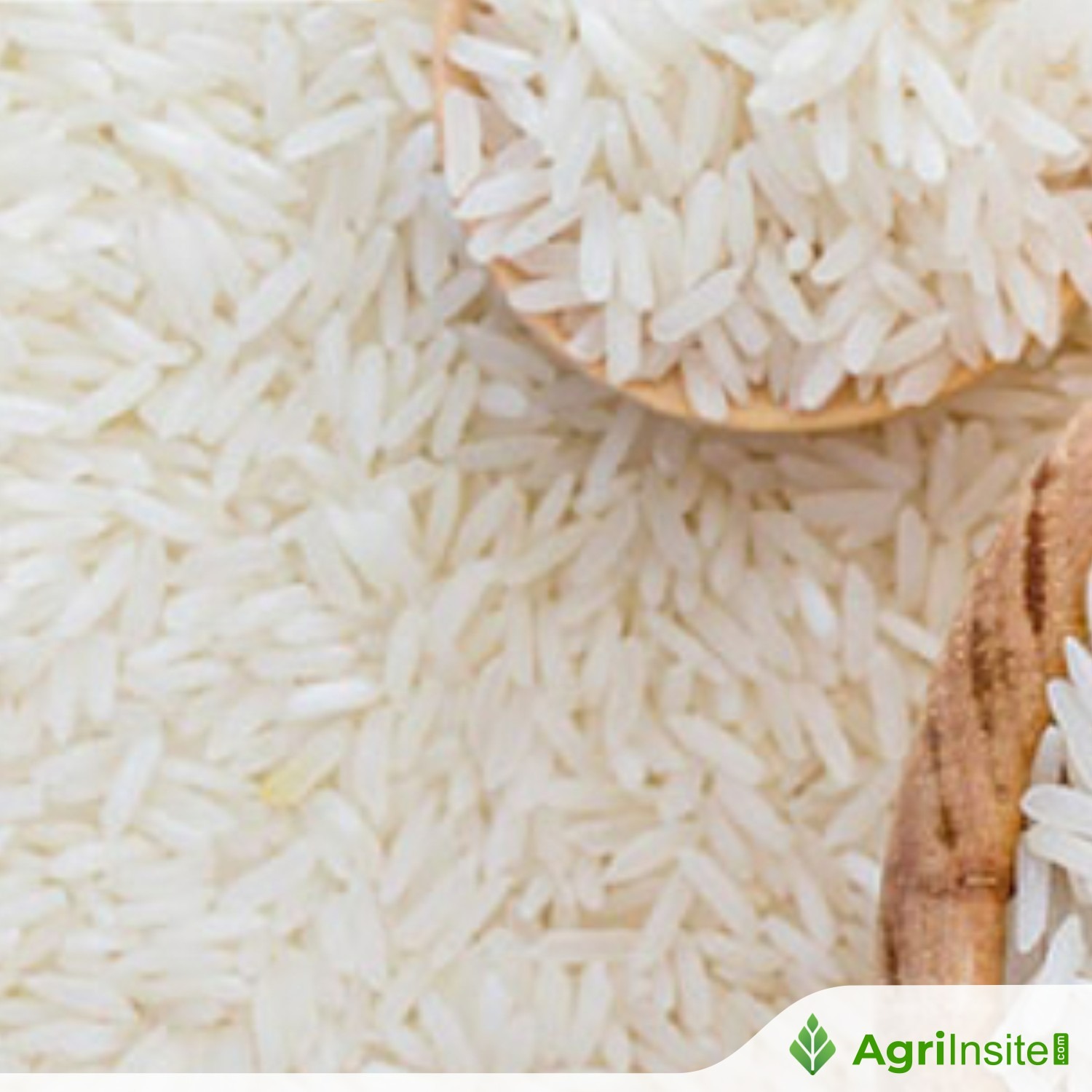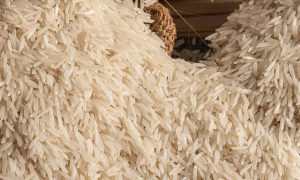Bangladesh : Rice prices spike as millers make hay while imports stall

Rice prices in Bangladesh have surged, burdening consumers as private imports stall due to the reinstated 62.5% duty after May 26. With imports halted, millers are profiting amid reduced market competition. Despite a record Boro harvest, prices rose due to hoarding and limited supply, prompting calls to reduce import duties.
Rice prices spike to the woes of commoners, even, as millers make hay while private import stalls, sources say.
Private imports have come to a halt following the end of government zero-duty facility for importers, they add.
Millers are taking advantage of the situation, making high profits, while consumers facing the burden of increased prices, said insiders.
The government-provided zero-rated duty facility, given in October last for rice, was over on May 26. And the regular high import duty of 62.5 per cent got reinstated thereafter.
Nilphamari-based trader Ripon Kundu says the end of the zero-duty facility upended the market balance.
“With a 62.5-percent duty, no one is willing to import rice as it pushes the price too high,” he told the FE writer, citing a major reason why the market turns wayward.
He says due to this high duty, importing rice will now cost over Tk 100 a kilogramme-an amount too high for private importers to bear during the harvest season.
“As a result, imports have virtually stopped, reducing competition on the market,” says the rice trader.
According to data from the Trading Corporation of Bangladesh (TCB) and city grocery shops, rice prices have gone up by Tk 6.0 to 10 a kg over the past month
Coarse rice was now selling at Tk 56-58 per kg, medium quality at Tk 64-66, and finer rice at Tk 78-100 a kg.
Compared to the same period last year, the current prices are 10-15-percent higher, said sources at the TCB-government trading wing, meant for necessary market intervention.
Agricultural value-chain expert Muhammad Mozibul Hoque says since most farmers have already sold out their produce, the government should consider relaxing the high duty temporarily.
He notes that rice prices remained high through July to April last financial year due to floods that damaged Aman crops.
Although prices dropped in May this year, they began to rise again in June-despite a record Boro harvest.
“Millers are making higher profits amid lack of imports,” he says about a usual syndrome of hoarders hunting windfalls at consumers’ expense.
According to the ministry of agriculture, the country produced an all-time high 20.6 million tonnes of Boro rice this season, as per their primary projection.
Hoque praises last year’s initiative to ease rice imports and suggests that the same approach should be adopted this year, too, especially while possible floods looming.
Meanwhile, the Directorate-General of Food (DGoF) has reported that Bangladesh currently has a food stock of more than 1.8 million tonnes, of which 1.4 million tonnes is rice.
The government has already purchased 1.1 million tonnes of rice under the ongoing Boro-procurement drive and aims to collect 1.75 million tonnes by August 31.
DGoF data show that the country imports above 1.25 million tonnes of rice of which private sector contributes nearly 40 per cent.
To Read more about Rice News continue reading Agriinsite.com
Source : The Financial Express
















